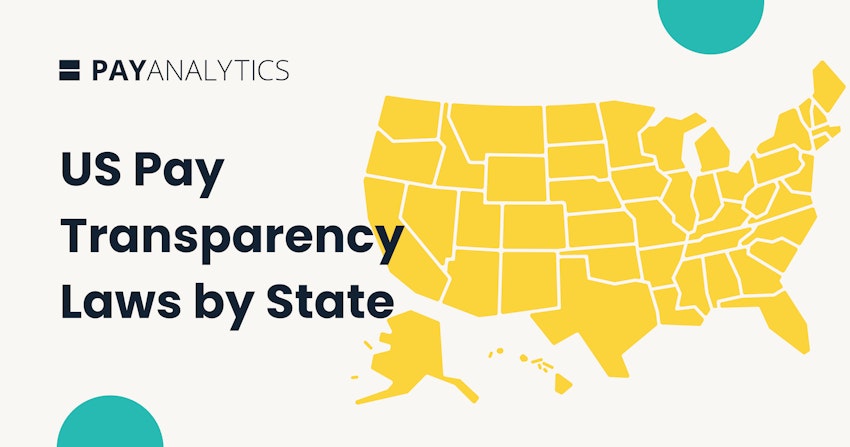The two relevant laws are the Royal Decree 902/2020, which focuses on equal pay between women and men, and the Royal Decree 901/2020, which deals with equality plans and their registration.
Both laws complement each other. Their main objective is to ensure gender equality and eradicate both direct and indirect discrimination in pay. The legislation is based on the principles of pay transparency, equal pay for work of equal value, and a remuneration register and a compensation audit.
What are the obligations regarding the Remuneration Register?
Companies must establish a Remuneration Register that:
- Includes a gender breakdown between the average and the median of the actual compensation.
- Is done for each professional group, job category, position, or level.
- Has each of these elements broken down separately according to the type of compensation, including base compensation, allowances, and non-wage payments.
For how long is the Remuneration Register valid?
It is valid for one year, but this term can be modified.
Which companies are obliged to keep a Remuneration Register?
All companies must carry it out according to article 5 of Royal Decree 902/2020.
The Remuneration Register must be sent to the legal representative of employees. If a company does not have an employee representative, employees will be able to access the information of the Remuneration Register but with one difference: it will show percentages instead of the actual amounts.
When the Remuneration Register indicates that there is a pay gap higher than 25%, the company will have to justify that this difference is not due to gender.
What is the Compensation Audit?
The Compensation Audit consists of the compilation and analysis of information on the compensation of employees. Its purpose is to identify any pay gaps that might exist and apply measures to ensure that the compensation structure of the company complies with the principle of equality between men and women in terms of compensation.
Can I make the Remuneration Register and the Compensation Audit by job groups or categories in companies with 50 employees or more?
No. The legislator expressly prioritizes that the categorization comes out of the job evaluation process, “even if they belong to different sections of the job classification” (Article 6.A of Royal Decree 902/2020).
What are the consequences if I do not comply with the regulations?
The consequences are included in the Law on offenses and penalties in social order and in the Law 36/2001 of 10th October, regulating social jurisdiction.
Penalties are already being imposed at national level.
Investigations are started when a complaint is made by the Labor Inspectorate. Depending on the infraction committed by the company, it may be determined as serious or very serious. The fines can be up to 187.000€.
How does PayAnalytics help?
- The PayAnalytics solution helps companies comply with the Spanish legislation.
- You can at the click of a button create an excel file with the Remuneration Register.
- The solution offers complete support for the analysis for the Compensation Audit.
- The intuitive Job Evaluation feature helps companies with 50 employees or more comply.
The information on this page is not intended to serve and does not serve as legal advice. All of the content, information, and material in this article are only for general informational use. Readers are advised that this information, legal or otherwise, may not be up-to-date.





